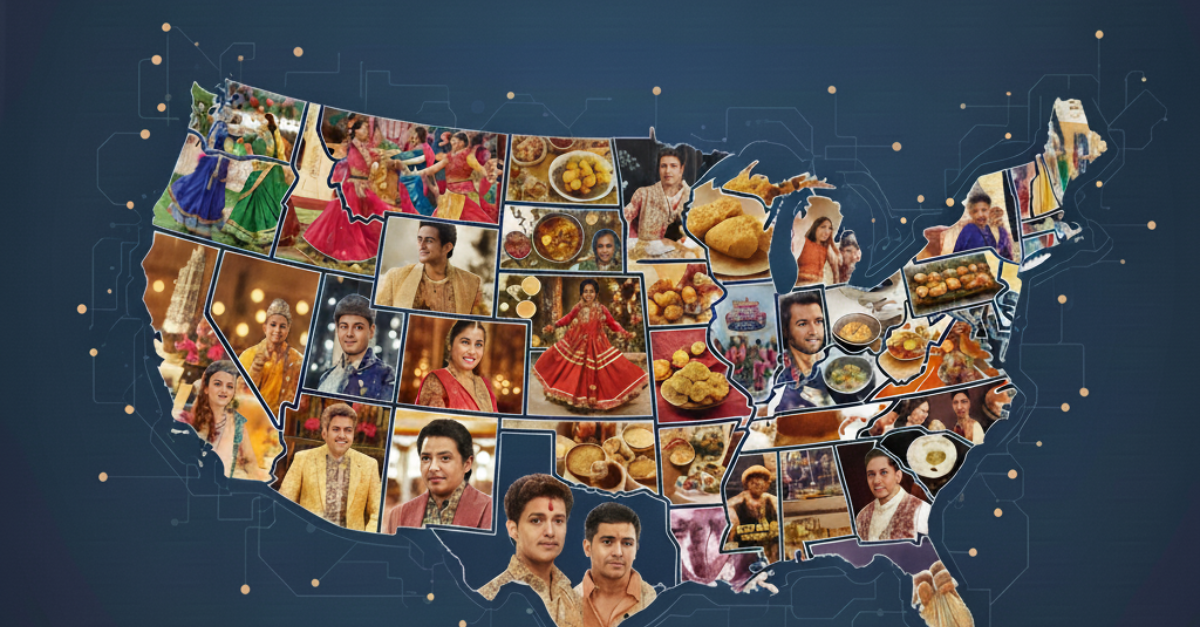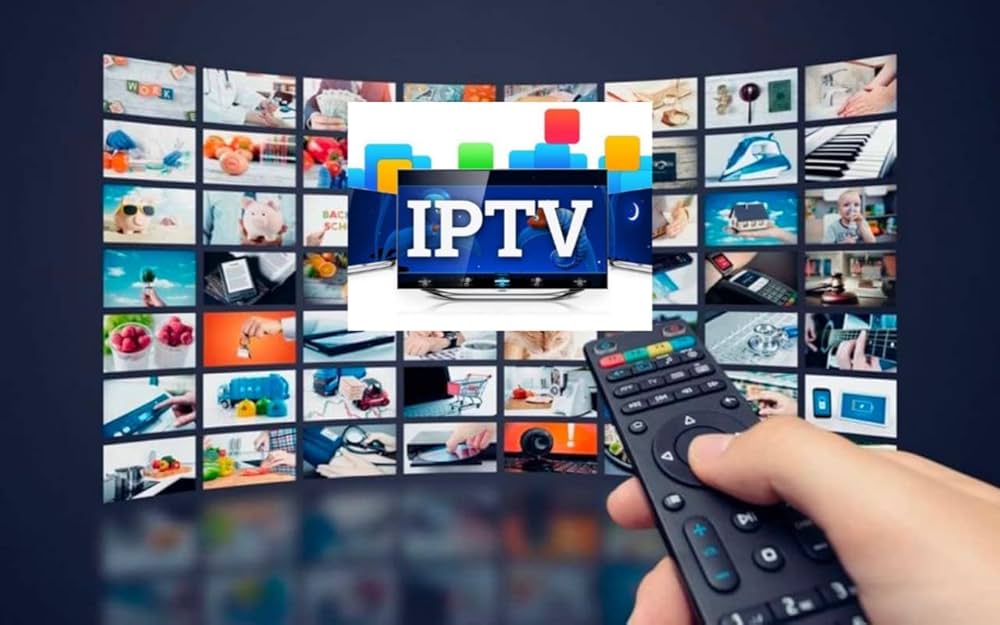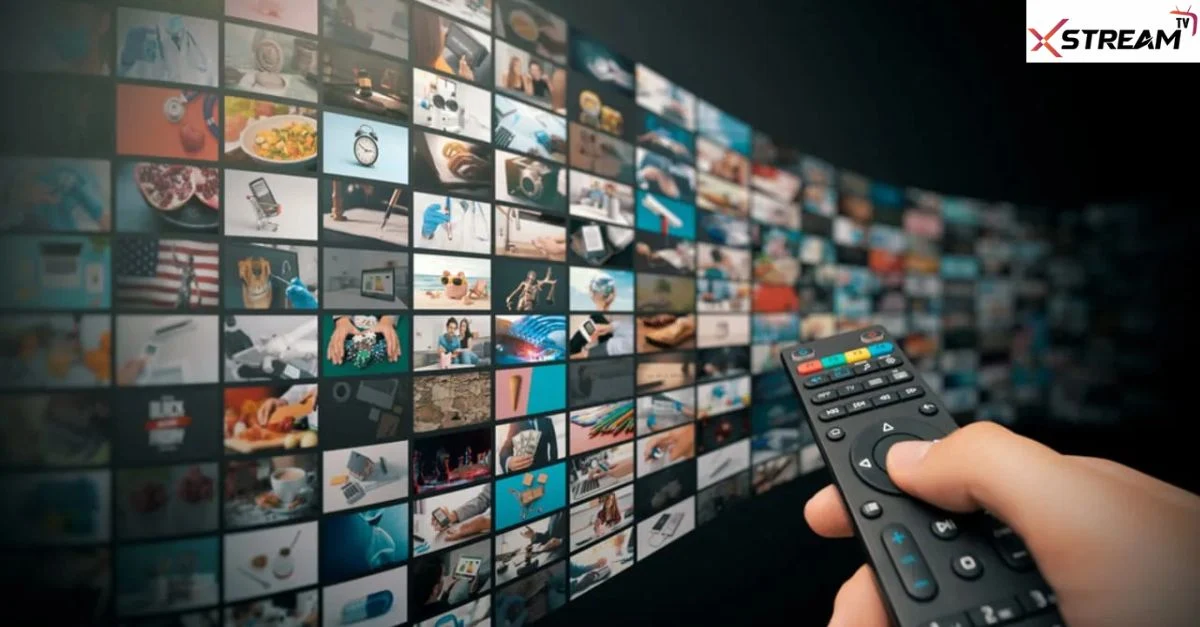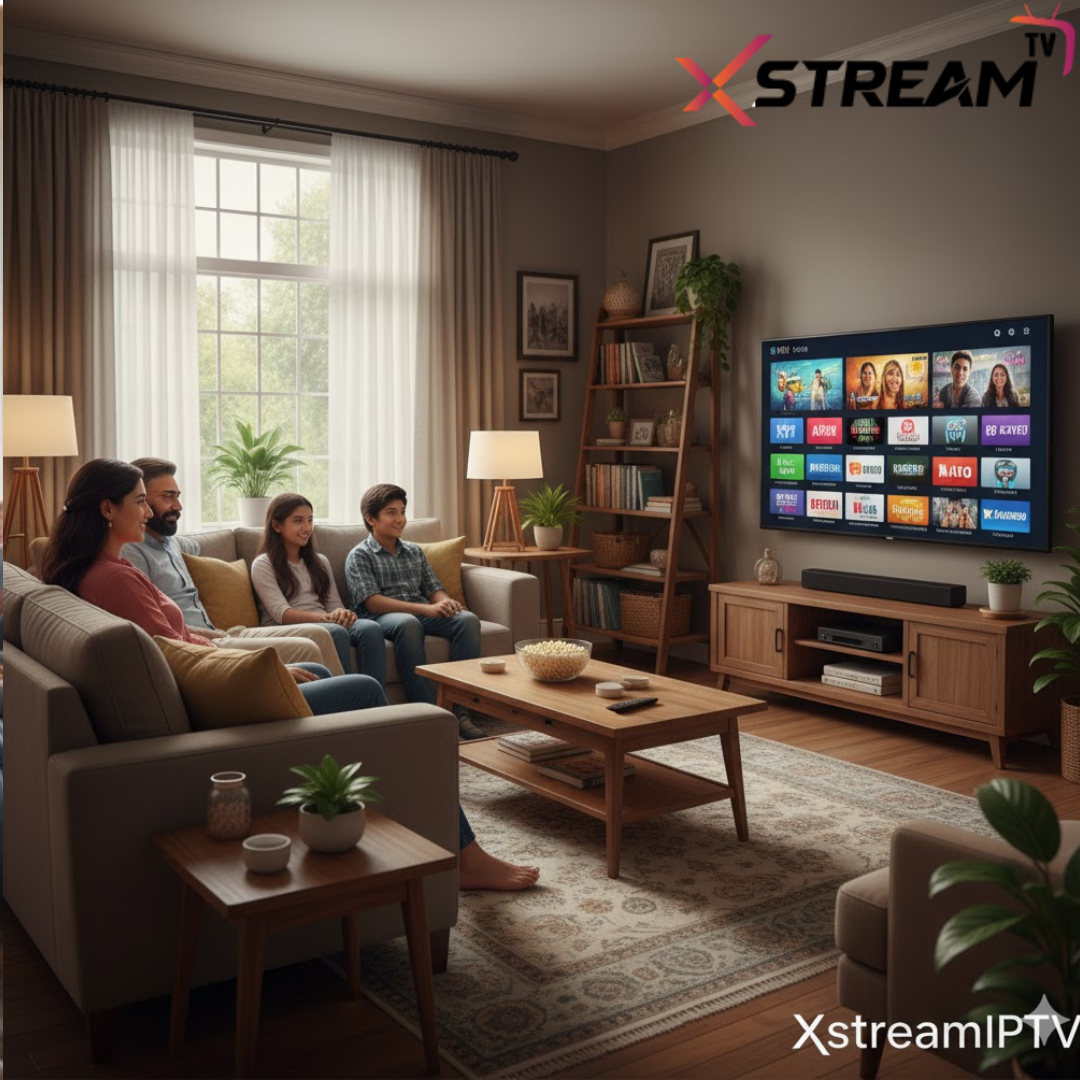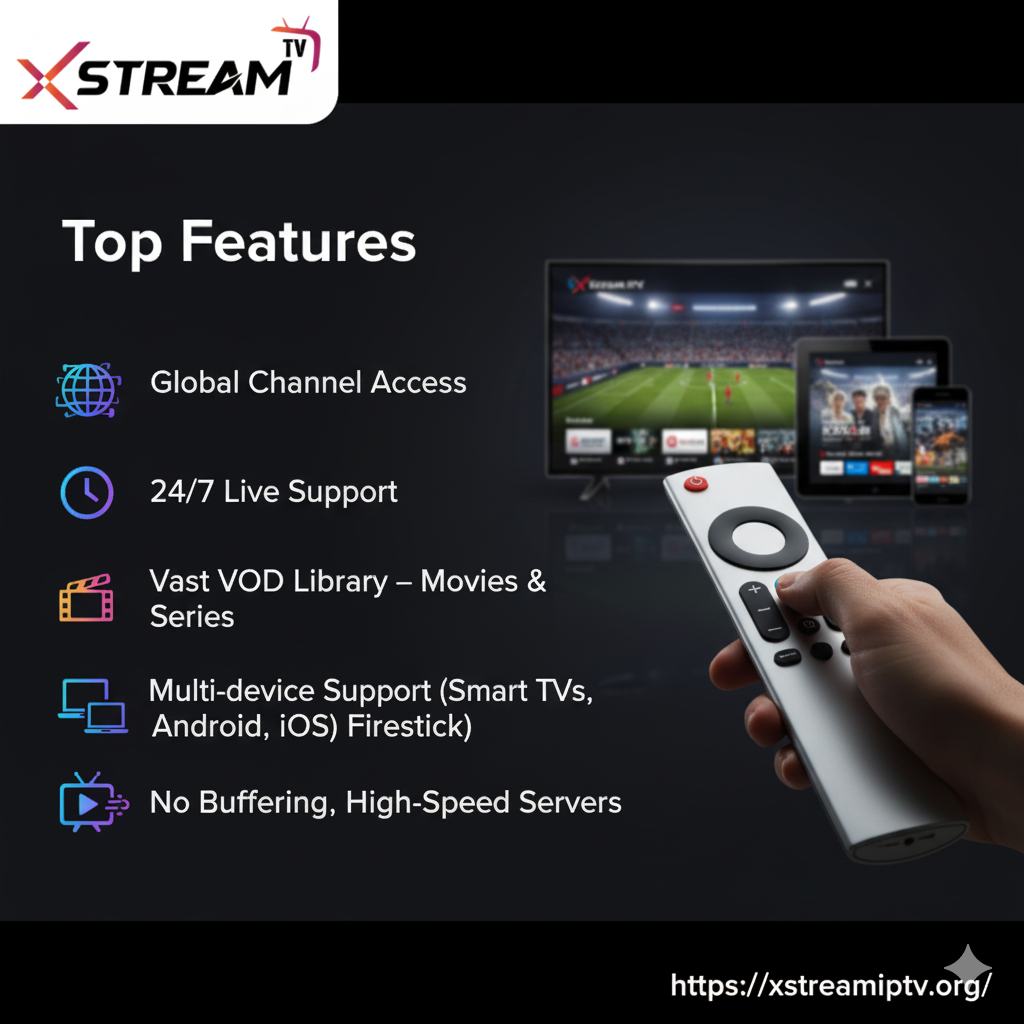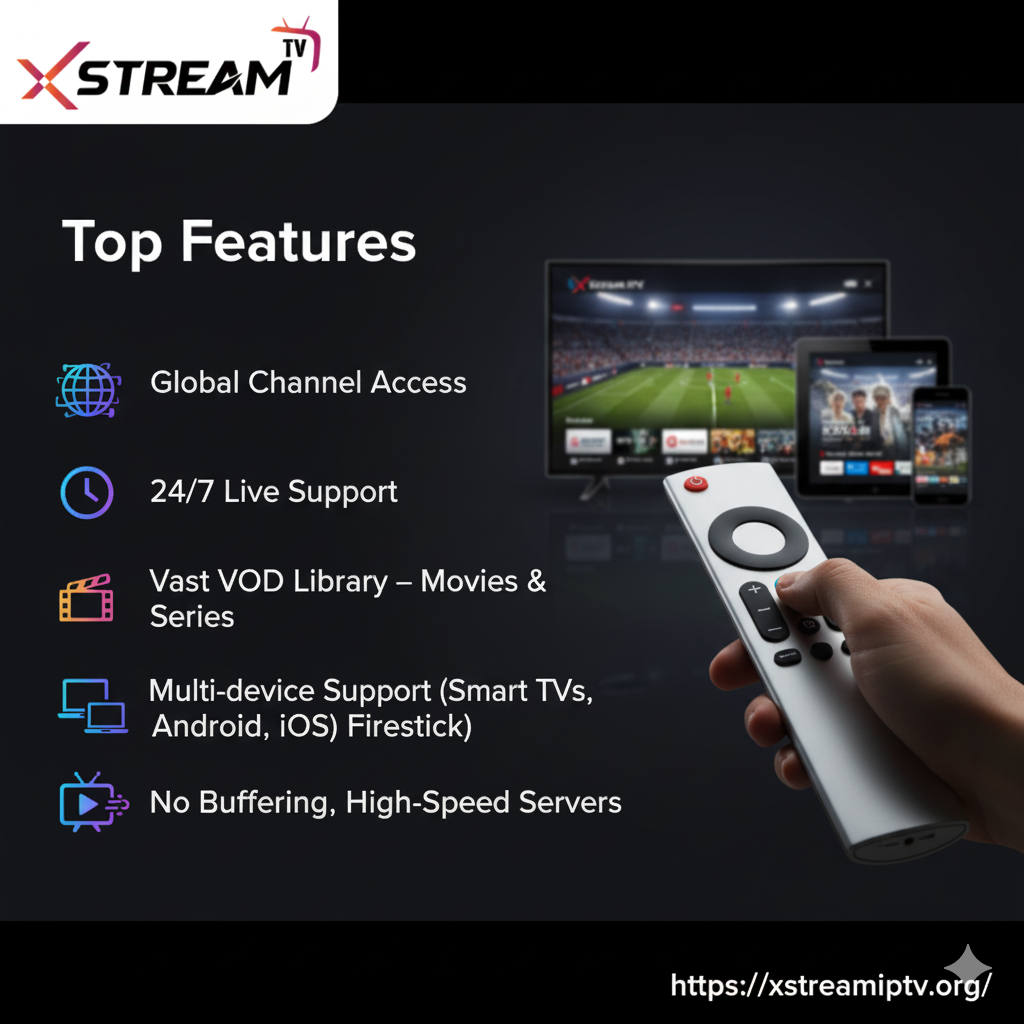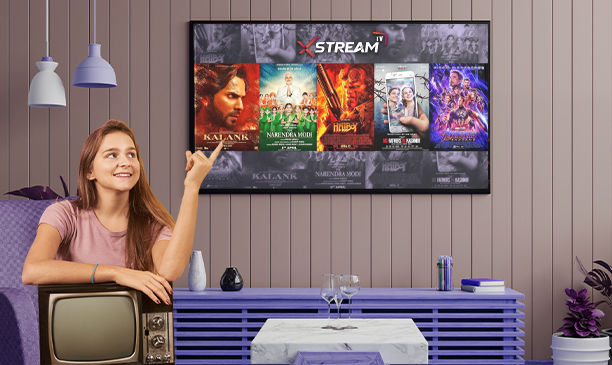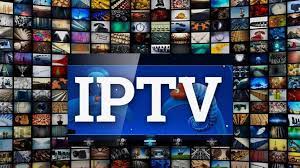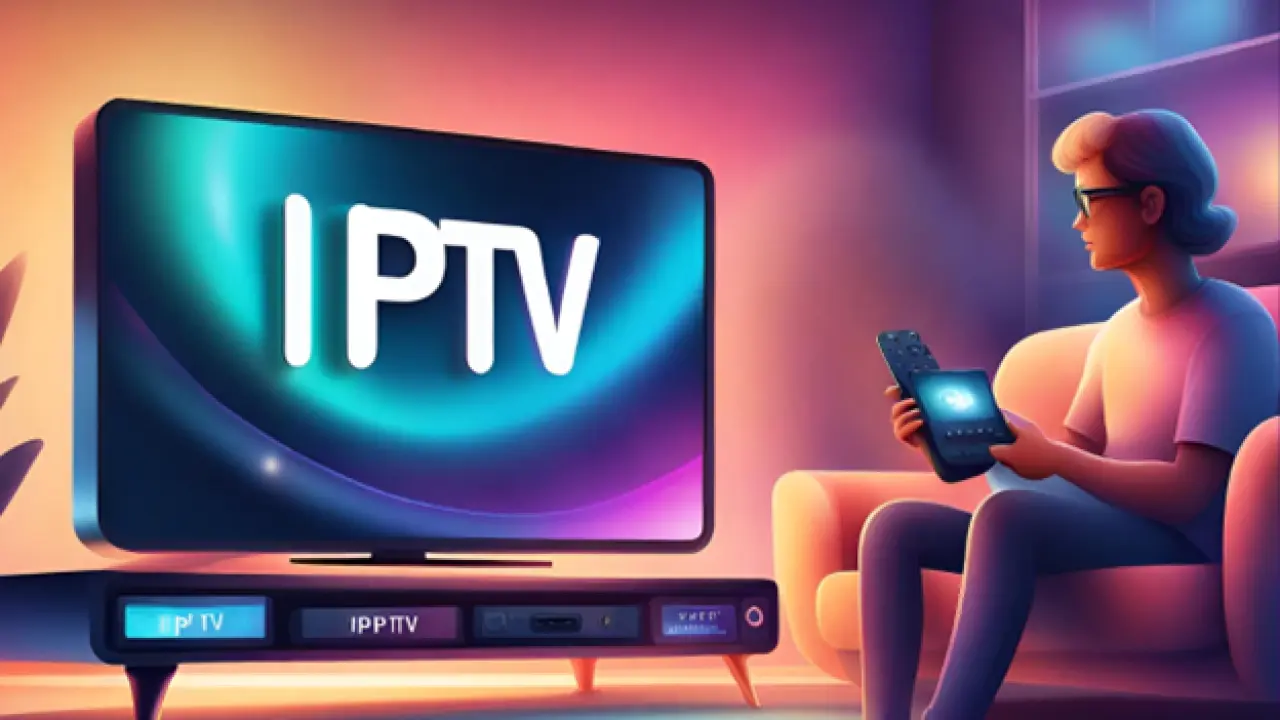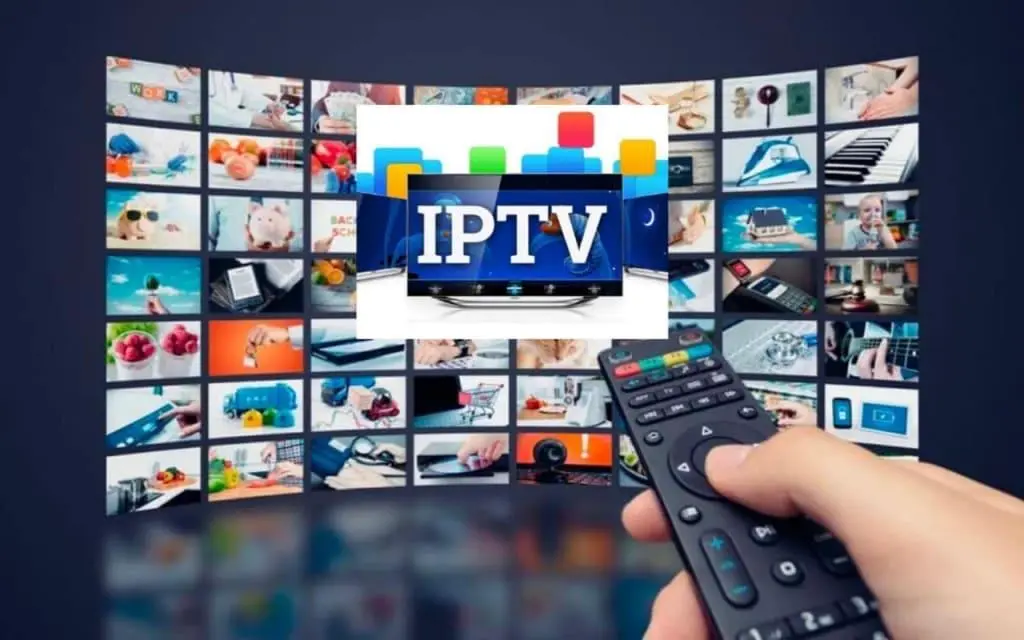Jun 11, 2025
The way we consume television has drastically evolved in the past decade, thanks to the rise of Internet Protocol Television (IPTV). Traditional broadcast methods are rapidly being replaced by on-demand streaming, multi-device access, and smart interfaces. But the real revolution lies just ahead—where Artificial Intelligence (AI) meets IPTV USA, creating a new era of predictive streaming and smart content delivery.
What is Predictive Streaming?
Predictive streaming uses AI algorithms to anticipate what content a user is likely to watch next, pre-loading and buffering it before they even hit play. This results in:
- Faster loading times
- Seamless transitions between content
- Reduced buffering or lag, especially on slower networks
AI achieves this by analyzing user behavior, content preferences, watch history, and even time-of-day patterns. Imagine finishing an episode and the next one starts instantly—because your IPTV in USA service already predicted you'd watch it.
How AI Powers Smart Content Delivery
AI doesn’t just predict what you want to watch; it customizes the entire streaming experience. Here’s how:
1. Hyper-Personalized Recommendations
Gone are the days of generic “Top 10” lists. AI crafts content suggestions based on your individual tastes, mood, language preference, and even micro-interactions (like rewinds or skips).
2. Optimized Bandwidth Usage
AI adjusts video quality in real-time depending on your internet connection. It also determines which content to cache locally or stream from the cloud, ensuring optimal performance with minimal resource use.
3. Context-Aware Streaming
Smart IPTV systems can adapt based on device type, screen resolution, and location. Watching from a mobile device on a train? Your IPTV service might auto-enable data saver mode and suggest shorter content formats.
4. Voice & Visual Recognition
Integrated with voice assistants and computer vision, AI can enable advanced features like:
- “Show me action movies with car chases”
- Face recognition to deliver family-specific recommendations
The Role of Predictive Analytics in IPTV
Predictive analytics goes beyond enhancing viewer experience. It’s a goldmine for broadcasters and advertisers. Here’s what’s changing:
- Targeted Advertising: AI predicts the best time and format to deliver ads for maximum engagement.
- Content Strategy: Streaming platforms analyze which genres are rising in popularity and when to schedule releases.
- Churn Prediction: By identifying disengagement patterns early, IPTV USA providers can take steps to retain subscribers.
Challenges and Ethical Considerations
While AI makes IPTV smarter, it brings some important concerns:
- Data Privacy: AI relies heavily on user data, raising questions about how information is collected, stored, and used.
- Bias in Recommendations: Algorithms might reinforce echo chambers by only suggesting content similar to past behavior.
- Over-Reliance on Automation: Sometimes, human curation still delivers a richer, more meaningful discovery experience.
What the Future Holds
In the next 5–10 years, IPTV in USA will likely evolve into a truly intelligent platform capable of:
- Anticipating viewing habits days in advance
- Delivering interactive, AI-generated content in real-time
- Creating virtual channels that curate content dynamically based on user interest and trending topics
- Integrating with smart homes and AR/VR devices to offer immersive TV experiences
Conclusion
The future of IPTV lies in intelligence, personalization, and proactivity. AI is transforming passive TV viewing into an engaging, seamless, and deeply customized experience. As predictive streaming and smart content delivery become standard, users can expect IPTV USA services from providers like XstreamIPTV that not only entertain—but anticipate.




